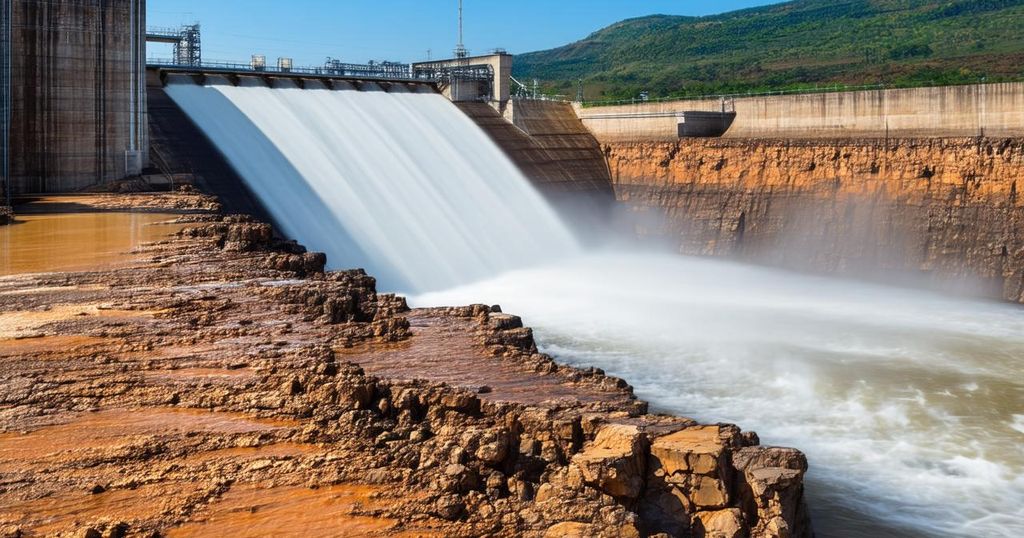Severe Energy Crisis in Zambia and Zimbabwe as Drought Affects Hydroelectric Power Generation

Zambia and Zimbabwe are suffering from severe power outages, enduring blackouts lasting as long as 17 hours daily due to drought conditions that have drastically reduced water levels in the Kariba Dam. This situation highlights the vulnerability of both nations’ energy infrastructures to climate change and the urgent need for diverse energy sources.
Zambia and Zimbabwe are currently experiencing severe power shortages, enduring blackouts that can last up to 17 hours each day. The ongoing drought conditions have significantly impacted the water levels of the Kariba Dam, which is the largest man-made lake in the world and a vital source of hydroelectric power for both nations. The declining water supply has impeded the generation of electricity, leaving citizens in these countries grappling with extended periods without power. This situation has raised concerns regarding the reliability of hydroelectric resources in the face of climate variability. Nyasha Chingono has reported on these challenges, highlighting the critical energy crisis that has ensued as a result.
The Kariba Dam, situated on the Zambezi River, is a crucial infrastructural asset for both Zambia and Zimbabwe. It supports hydroelectric generation that is essential for powering homes, industries, and essential services in the region. However, the current drought conditions have led to unprecedented low water levels, severely restricting the capacity of the dam to produce the electricity required to meet national demands. Both Zimbabwe and Zambia typically depend heavily on hydroelectric power, making them particularly vulnerable to shifts in weather patterns and climate change that lead to greater incidences of drought.
The electricity crisis faced by Zambia and Zimbabwe due to prolonged drought underscores the interdependencies of climate and energy infrastructure. As both nations continue to struggle with blackouts exceeding 17 hours a day, there is a pressing need for diversification of energy sources and strategic planning to mitigate the impacts of climate variability on hydroelectric power generation. The situation calls for urgent attention and innovative solutions to enhance energy security in the region.
Original Source: www.france24.com






